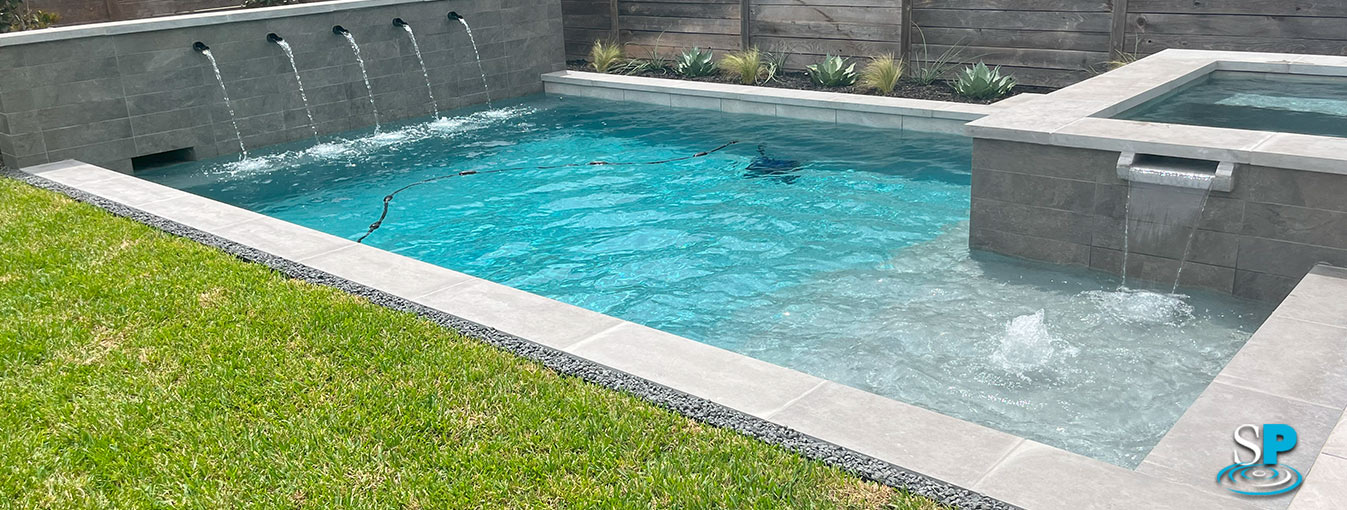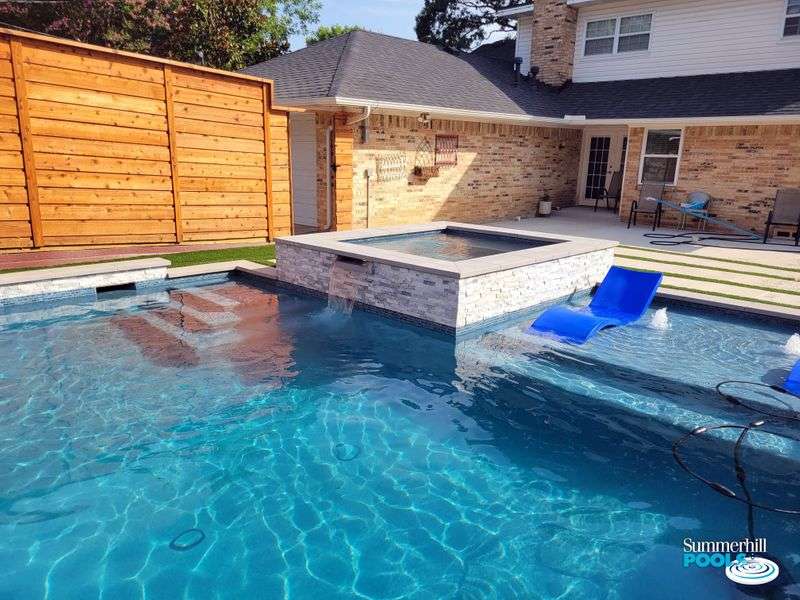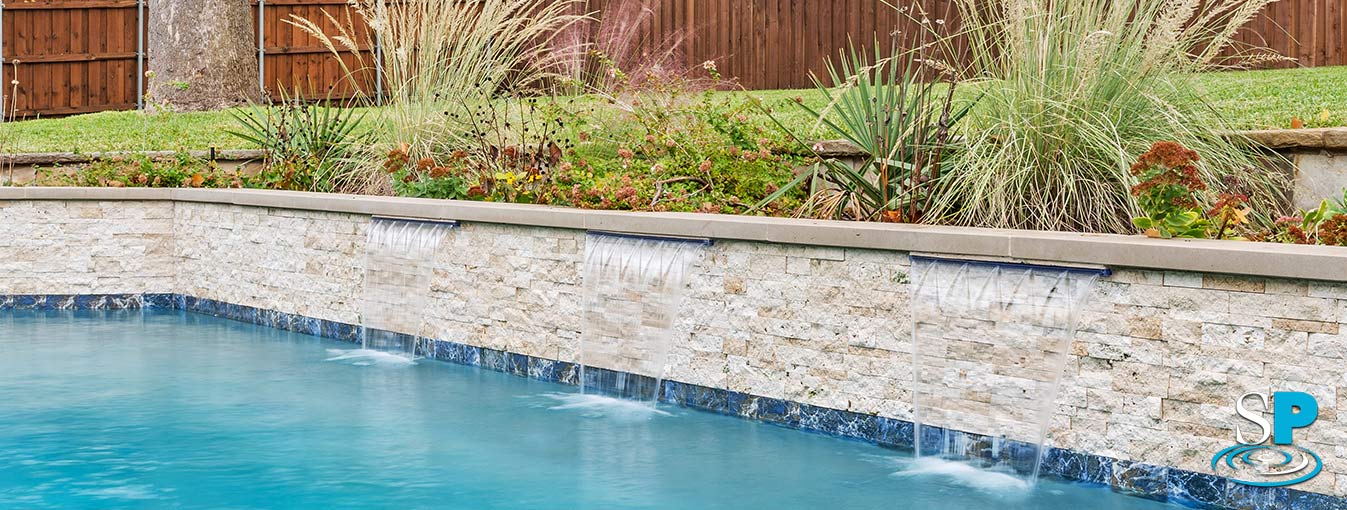Swimming in your own pool has many advantages, but one, in particular, is the fact that you know exactly what is in it. But that can change quickly when the rain comes. There’s no need to treat your pool like it’s suddenly become a marsh, however; with the information below, you can feel confident that you are still in control of what you’re swimming in, even if Mother Nature decides to add her own flair.

Rain and Pool Water Chemistry
You may be wondering why you should care about rain contamination in the first place. However, rain is not as innocuous as it may seem. Rain can have different levels of acidity which can affect how you should be treating your pool. The acidity of rain is typically determined by where you live. Areas near the city have more acidic rain because of the close proximity to the burning of fossil fuels and vehicle exhaust. Rain with higher acidity can lower your pool’s pH level, which is something you may need to account for when treating your pool treatment.
Another thing to keep in mind is that rain can introduce new contaminants to your pool. It can pick up these new contaminants over the course of its journey through the atmosphere and through runoff. The total alkalinity and the chlorine in your pool will be working to remove these new pollutants and neutralize any effect they may have on the pH level of your pool, as well.
4 Ways to Protect Your Pool After A Strong Storm
Here are a few tips to keep in mind when a storm hits in your area.
1. Remove excess water
If you have a sand filter or a D.E filter, you can set it to waste to remove excess water. For cartridge filters, you can use a submersible sump pump to lower the water level. For best results, set the sump pump on the stairs at the shallow end. This will allow you to easily control how much water is drained away. Be very careful not to allow the water level to drop below the skimmer opening. You will likely only need to drain a little bit.
2. Clean Your Pool
Much of the steps to clean your pool after rain are similar to your normal pool cleaning routine. First, skim the water surface to remove debris. Then, empty the skimmer basket. Use a leaf rake to remove any debris that has fallen to the bottom of the pool. After removing the larger pieces of debris, focus on the dirt that isn’t as easy to simply grab and remove. Brush the walls to remove any dirt or build-up of grime. Vacuum the floor to remove any remaining debris and dirt, and finally, backwash your filters, whether they are sand or D.E. filters or clean cartridges.
3. Adjust Chemical Levels
It is important to test your pool’s chemistry levels so that you can rebalance the pool. Use a test kit to get an accurate reading of your pool’s chemical levels. As mentioned earlier, acidic rain can lower pH levels so it is important to check and make sure that your pool’s pH levels are between 7.4 to 7.8. If your pH levels are too low, you may have to deal with corrosion of the walls and flooring of your pool, which will only get worse if left untreated. A pH that is too high will decrease the effectiveness of the chlorine in your pool, inhibiting its ability to keep your pool water clean.
Other levels to keep in mind when testing your pool’s chemistry levels are alkalinity and chlorine levels. Alkalinity levels should be between 80-120 ppm to most effectively protect against equipment corrosion and plaster etching. Chlorine levels will likely be depleted after a rainstorm as chlorine is consumed to fight off newly introduced contaminants. You may need to shock your pool to kill any remaining pollutants, such as algae or harmful bacteria, before reestablishing proper chlorine levels.
4. Run the filter
Run the pool’s pump for 8-10 hours to circulate and distribute the chemicals throughout your pool. The chemicals will not be able to keep the entirety of your pool balanced if they don’t fill up your pool. Running your pool’s pump for a significant period of time is key to making sure that the chemicals don’t stagnate wherever you initially deposited them.
Professional Cleaning Services
When it comes to chemistry and contaminants, you don’t want to take any chances. Let the experts at Summerhill Pools help you make sure that your backyard pool remains the pristine private oasis you need. You won’t need to worry about what the rain tracked in because you can trust that our knowledgeable experts are diagnosing and solving any possible issues. With the help of our excellent staff at Summerhill Pools, you’ll be able to float along without a care in the world, come rain or shine this season.



